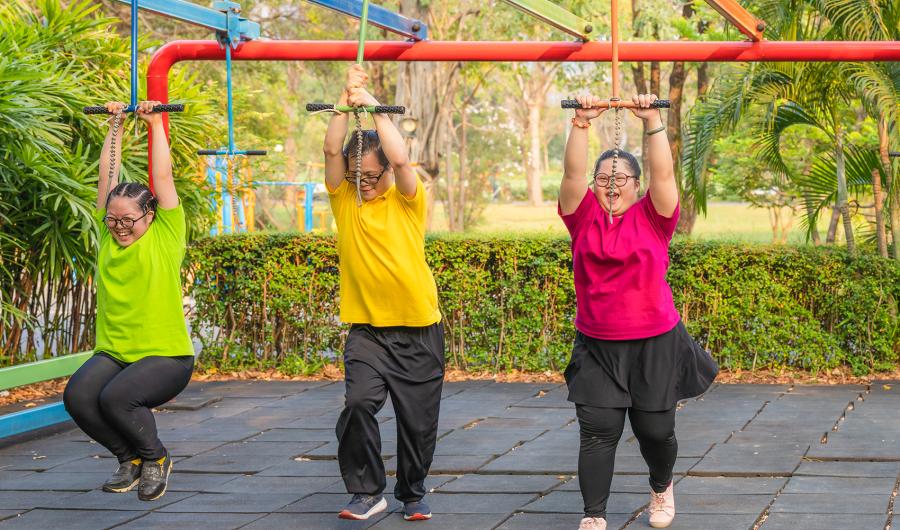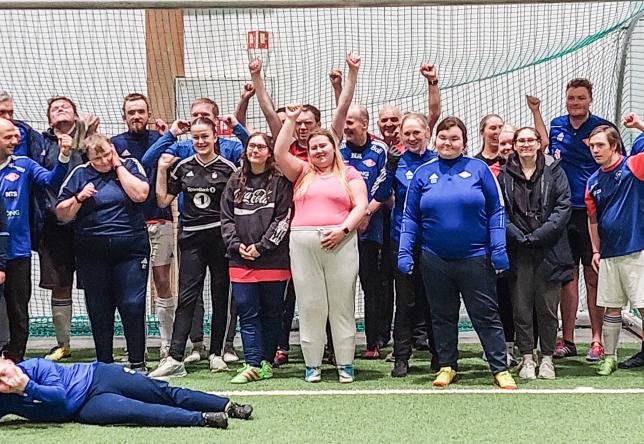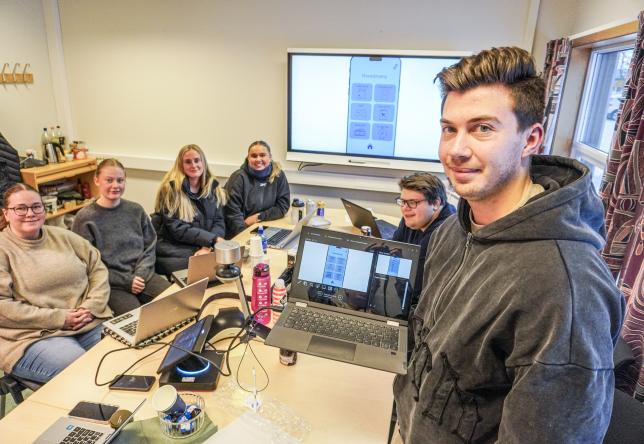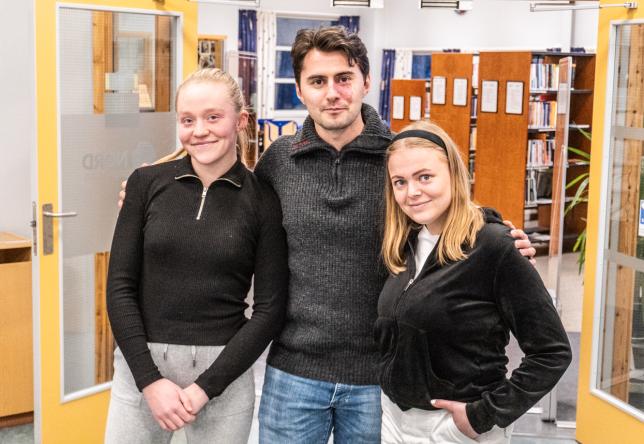
Programme description
Career opportunities
Social educators often work as milieu therapists in public and private welfare services and assist people in their everyday lives. Professional practice is delivered in home-based services, child welfare services, specialist health services and across the education sector.
Social educators have special competence in
•Inclusion, participation and rights
•Milieu therapy work, habilitation and rehabilitation
•Health promotion and health care
•Knowledge-based practice and service innovation
The programme provides the basis for certification as a healthcare professional.
Knowledge area 1 Profession, ethics and cooperation
Knowledge: Has broad knowledge of communication, interaction and collaboration
Skill: Can apply professional knowledge to critically discuss different models of social education work and their own practice.
General competence: Has insight into professional and ethical issues relevant to the practice of social educators. Where the student’s professional judgement is based on the identification and reflection of these and shapes their provision of services.
Knowledge area 2 Milieu therapy work, habilitation and rehabilitation.
Knowledge: Has broad knowledge of milieu therapy work, habilitation and rehabilitation
Skill: Can use relevant methods assessing and identifying users' goals and needs as a basis for provision of services.
General competence: Has insight into the theories, processes and methods required to offer coordinated, cohesive and knowledge-based milieu therapy work, habilitation and rehabilitation.
Knowledge area 3 Health promotion and health care
Knowledge:
Has broad knowledge of the connections between health, disability, impairment and illness, nationally and globally, from an individual, society and life-cycle perspective
Skill: Can apply scientific knowledge to contribute to good public health through health promotion and disease prevention from a life-cycle perspective
General competence: Can plan, conduct, document and evaluate health care provision in cooperation with users and other professions based on respecting the dignity and needs of each individual
Knowledge area 4 Inclusion, participation and rights
Knowledge: Has broad knowledge of inclusion, equality and non-discrimination
Skill: Can apply current knowledge of the health and welfare system, legislation, regulations and guidance relevant to provision of services to ensure equal and professionally appropriate services to users.
General competence: Can communicate professional views and experience-based knowledge relating to the rights of disabled people in order to support their autonomy and equal
community participation.
Knowledge area 5 Critical thinking, knowledge-based practices and innovation
Knowledge: Has knowledge of research methods, principles and concepts in order to assess scientific quality
Skill: Can apply professional knowledge, relevant findings from research and development and scientific methods to illuminate practical and theoretical issues ensuring appropriate choices in professional practice.
General competence: Can plan and implement systematic and quality-enhancing work processes in collaboration with users, next of kin, other service providers and actors based on innovative thinking and service development.

Unik praksis for framtidas vernepleiere

Studentar med innovativ app: Skal revolusjonere ernæringsrettleiing for personar med utviklingshemming


